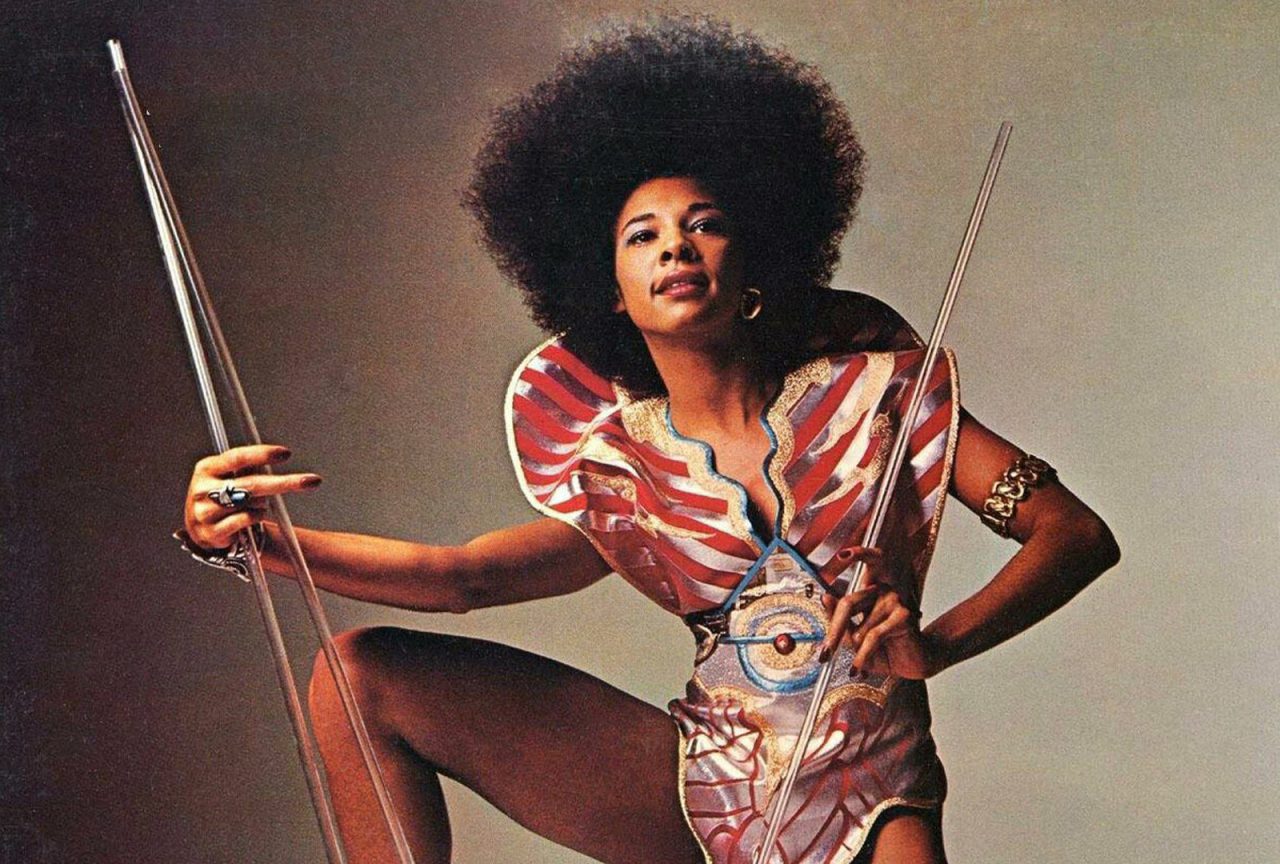Published on
February 10, 2022
Category
Features
Nasty Gal.
Following legendary musician Betty Davis’ passing, aged 77, we look back at her powerful legacy.
Set against the backdrop of America’s sexual revolution, Davis’ work was unapologetically erotic, capturing a mercurial female sexuality that was distinctly her own.
Davis set out her singular artistic mission statement from the very start with her first, self-titled LP in 1973. “I said I’m wigglin’ my fanny (ha ha oh man get down) / I want you dancing I’m a doin’ it doin’ it (get down)” Davis calls out on ‘If I’m In Luck I Might Get Picked Up’.

Her debut also established a unique style of blues-inspired funk: sensual, raw, low-slung, and wholly engaging.
Flash Gordon Parks’ mix features tracks from some of Davis most beloved albums — including They Say I’m Different and Nasty Gal – a moving tribute to a musician whose influence can still be felt today:
However, it wasn’t long into her career before she faced a strong backlash, courtesy of the restrictive cultural attitudes of ’70s America. As Light In The Attic noted in its reissue of her Nasty Gal album: “[the record] failed to achieve commercial success, arguably due to Davis’ open sexuality, which lead to religious groups and even the NAACP leading campaigns for her music to be boycotted from radio.”
While critics of the time may have dismissed the record, tracks like ‘Gettin Kicked Off, Havin Fun’ highlight Davis’ liquid smooth vocals and mastery of her own creative world.
Her musical style and embracement of sexuality was certainly forward thinking, however Davis’ output was also reflective of her past as well. In an 1974 interview with Al Gee, she notes how much she learned from her grandmother’s record collection.
“I have a lot of cultures in my music, but the blues I got from my grandmother. She had a collection of all the old blues albums. I was brought up on B.B. King and Jimmy Reed. That’s a part of my music.”
“Three albums of hard funk. I put everything there. But doors in the industry kept closing. Always white men behind desks telling me to change—change my look, change my sound. I needed to ‘fit in,’ or else no contract.
I learned that stars starve in silence.”
Listen to the mix and interview in full above.
Banner photo by Baron Wolfman / c/o Iconic Images





